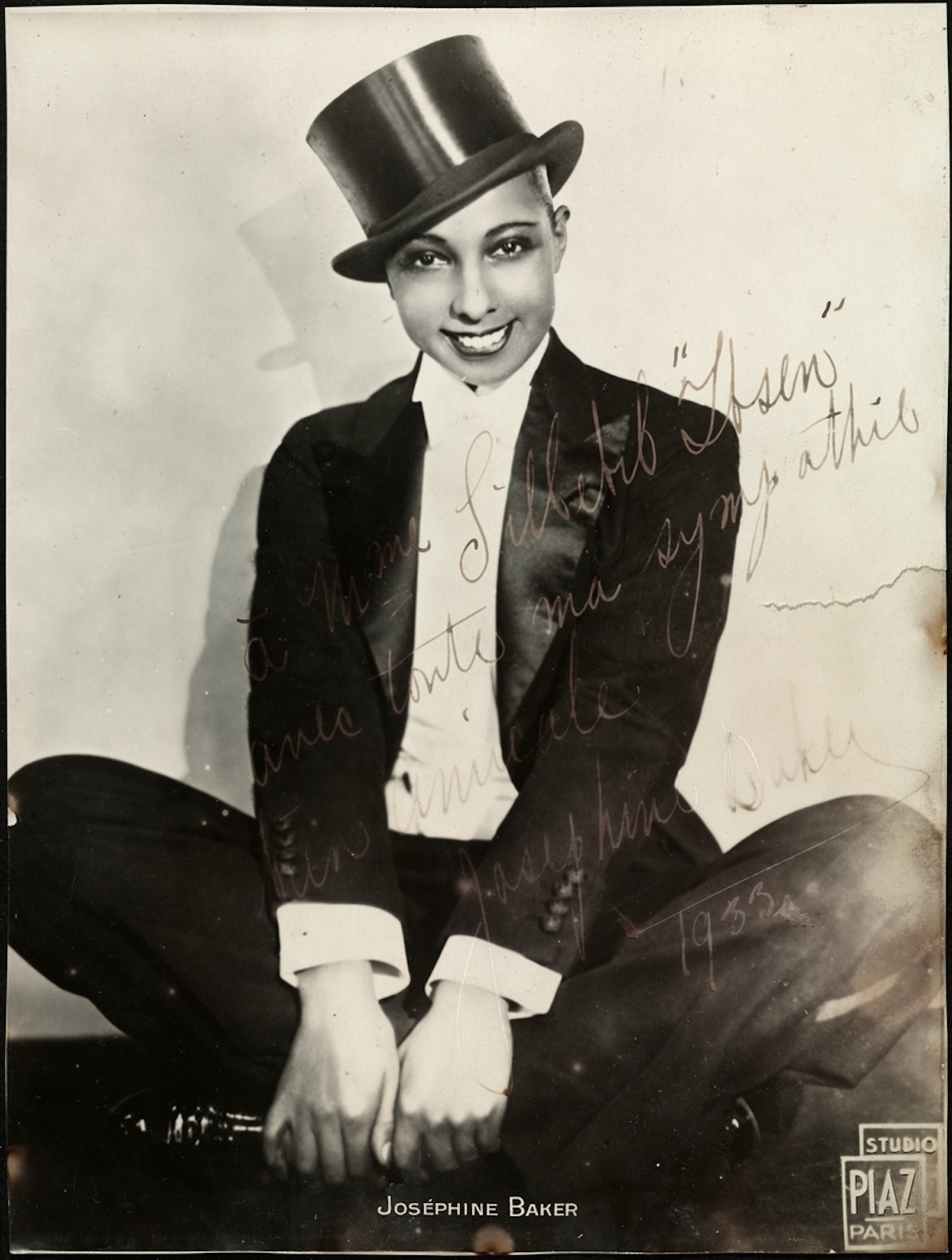Josephine Baker: An Acceptable Hero
Josephine Baker’s induction into the Pantheon is both a cause for celebration and a prompt to explore France’s progressive values.

On 30 November 2021 Josephine Baker, the African-American performer who took French citizenship, was inducted into the Pantheon. The Pantheon is France’s secular equivalent to Westminster Abbey, the hallowed home of the country’s honoured dead. Induction and interment within its walls enshrines a person as a national hero. Josephine Baker is the sixth woman and the first Black woman to be buried there in her own right, placing her in the same echelon as Marie Curie, Alexandre Dumas, Voltaire, Rousseau, Toussaint Louverture and Emile Zola. Many hailed this as a breakthrough moment of inclusion, reflecting France’s progressive values.
In some ways Baker is a radical and surprising choice. She was a performer, primarily a dancer, and one who danced in a popular Black American style, often seen as exotic and primitive in contrast to classical French traditions. She was not born in France, nor has she left a body of written work, wrought legislative change, or contributed to scientific understanding.







